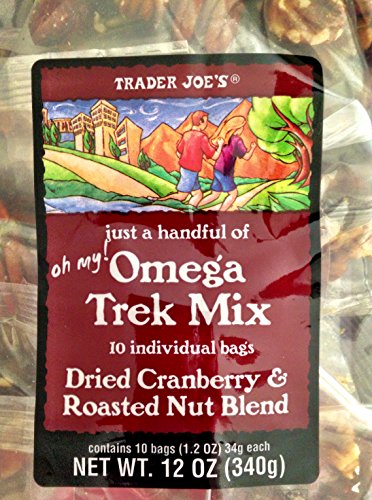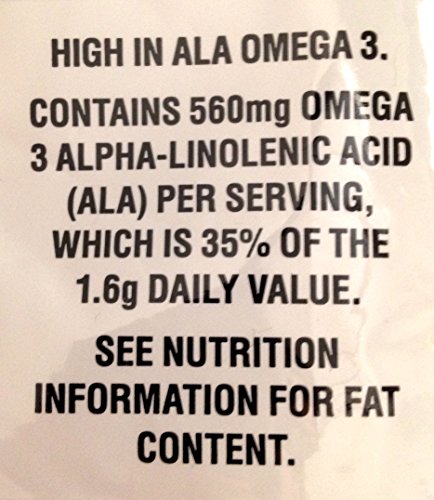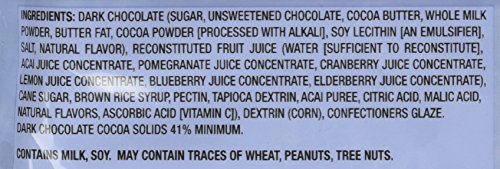Trader Joes Omega Trek Mix - 10 Individual 1.2 oz Bags
Category: Snacks

Sustainability has become a pressing concern in today's world, where rapid industrialization, population growth, and resource depletion have led to significant environmental challenges. As we strive to address these issues, the concept of a circular economy has emerged as a promising approach to promote sustainable development. A circular economy is a model that aims to eliminate waste and the continual use of resources, in contrast to the traditional linear economy of "take, make, and dispose."
At the heart of the circular economy lies the principle of closing the loop, where materials and products are reused, repaired, refurbished, and recycled to the greatest extent possible. This approach not only reduces waste and the strain on natural resources but also creates new business opportunities and stimulates innovation. By designing products with their full life cycle in mind, companies can ensure that components and materials can be easily recovered, reused, or repurposed, minimizing the need for virgin resources.
One of the key drivers of the circular economy is the shift towards a more service-oriented model, where products are leased or shared rather than owned outright. This shift encourages manufacturers to design durable, modular, and easily repairable products, as they retain ownership and have a vested interest in the long-term performance and maintenance of their offerings. Additionally, the rise of the sharing economy and the increasing popularity of product-service systems have created new avenues for resource optimization and increased utilization.
The transition to a circular economy requires a collaborative effort from various stakeholders, including policymakers, businesses, consumers, and the research community. Governments can play a crucial role by implementing policies that incentivize circular practices, such as extended producer responsibility, waste reduction targets, and tax incentives for recycling and remanufacturing. Businesses, on the other hand, can explore innovative business models, adopt eco-design principles, and foster closed-loop supply chains. Consumers, too, have a significant part to play by shifting their mindsets and consumption patterns, embracing the concept of shared ownership and responsible disposal.
The benefits of a circular economy are manifold. It can lead to reduced greenhouse gas emissions, decreased resource extraction, and lower levels of waste, contributing to a more sustainable future. Additionally, the circular economy has the potential to create new job opportunities in areas such as repair, remanufacturing, and recycling, while also fostering innovation and promoting economic resilience.
As we navigate the complexities of sustainable development, the circular economy provides a promising framework for addressing the environmental challenges we face. By embracing this holistic approach, we can work towards a more sustainable, resilient, and resource-efficient future, where waste is minimized, and the value of materials is maximized through continuous cycles of reuse and regeneration.
product information:
| Attribute | Value | ||||
|---|---|---|---|---|---|
| is_discontinued_by_manufacturer | No | ||||
| package_dimensions | 10.35 x 6.14 x 1.97 inches; 11.2 ounces | ||||
| upc | 342667135450 | ||||
| manufacturer | Trader Joe's | ||||
| best_sellers_rank | #81,577 in Grocery & Gourmet Food (See Top 100 in Grocery & Gourmet Food) #207 in Mixed Nuts | ||||
| customer_reviews |
|





















